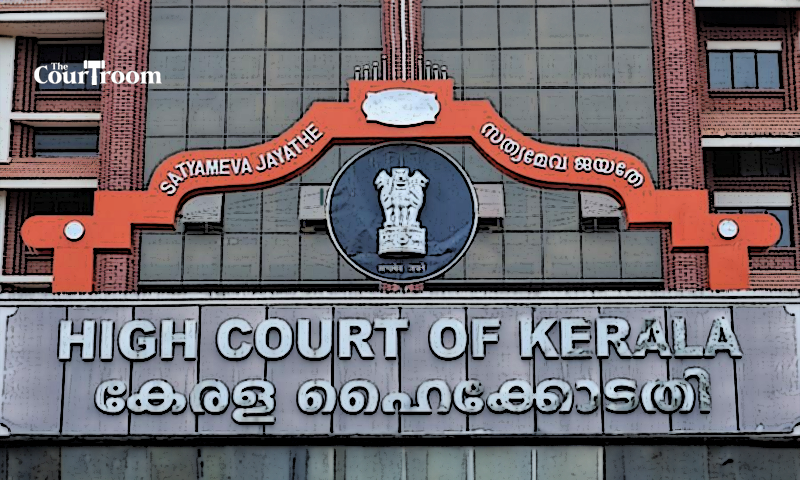Kerala High Court: Decision based on lack of “rarest of the rare” criteria and considerations for convict’s background and potential reform
The Kerala High Court recently overturned the death penalty handed to a man from Uttar Pradesh convicted in a triple murder case, instead sentencing him to life imprisonment [State of Kerala v Narendra Kumar].
Justices A K Jayasankaran Nambiar and Syam Kumar VM determined that the case did not meet the threshold of being deemed the “rarest of the rare,” a criterion typically necessitating the death penalty.
“While the evidence against the appellant clearly indicates his involvement in a gruesome triple murder, we hesitate to classify it as the ‘rarest of the rare’ warranting the death penalty. This decision is especially influenced by the fact that the conviction relies solely on circumstantial evidence,” stated the Court.
The ruling was issued in response to an appeal by the convict, Narendra Kumar, who hailed from Uttar Pradesh.
Kumar had previously been convicted by a trial court for murder under Section 302 (murder) of the Indian Penal Code (IPC) for brutally killing his employer and the employer’s parents.
According to the prosecution, Kumar used a knife and axe to fatally injure the victims and also committed robbery of valuables and electronic devices. He fled the scene after the crime but was later apprehended.
After evaluating the evidence and the brutality of the crime, the trial court found Kumar guilty and sentenced him to death.
Besides murder, Kumar was also separately convicted under Sections 397 (robbery or dacoity with attempt to cause death or grievous hurt), 457 (lurking house-trespass or house-breaking at night), 380 (theft in dwelling house), and Section 461 (dishonestly breaking open receptacle containing property) of the IPC.
Kumar appealed the trial court’s verdict to the High Court, while the trial court referred the case records to the High Court for confirmation of the death sentence.
In a collective judgment on April 25, the Kerala High Court upheld Kumar’s conviction, noting that the prosecution’s case relied on circumstantial evidence.
This evidence included the last seen theory, Kumar’s fleeing after the crime, medical evidence, and the recovery of stolen items. Witnesses also identified Kumar in the trial court.
The High Court affirmed Kumar’s conviction but revoked the death penalty, reasoning that such punishment should be reserved for “rarest of the rare” cases.
The Court also acknowledged a study by Project 39A of the National University of Delhi, which shed light on Kumar’s challenging upbringing and his efforts towards self-improvement, suggesting potential for rehabilitation.
Citing the case of Rajendra Pralhadrao Wasnik v. State of Maharashtra (2019), the Court emphasized the need for serious consideration of a convict’s prospects for reformation before imposing the death penalty.
As a result, the Court commuted Kumar’s sentence from death to life imprisonment.
“Considering the submissions made by the appellant’s counsel during the sentencing hearing, the reports on the appellant, and the likelihood of his reformation, we believe that stricter terms of life imprisonment strike a balance between the appellant’s interests and public safety, fostering confidence in our legal system,” added the High Court.
The Court specified that Kumar must serve a minimum of twenty years before being eligible for remission.
The High Court partially granted Kumar’s criminal appeal under these conditions and declined to uphold the trial court’s death sentence.
Kumar (appellant) was represented by advocates M P Madhavankutty, Mathew Devassi, Ananthakrishnan A Kartha, and Remya M Menon.
Public Prosecutor Alex M Thombra represented the State.
Click here to read the order
Share your news, articles, deals, columns, or press releases with us! Click the link to submit and join our platform today.


